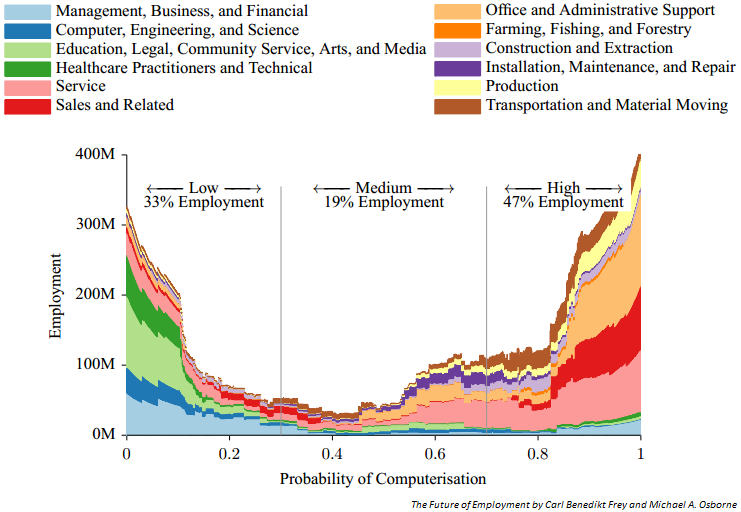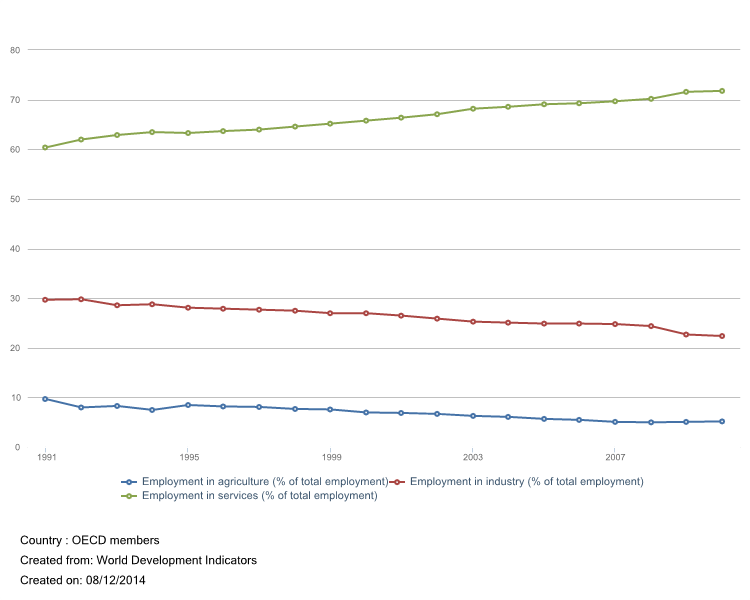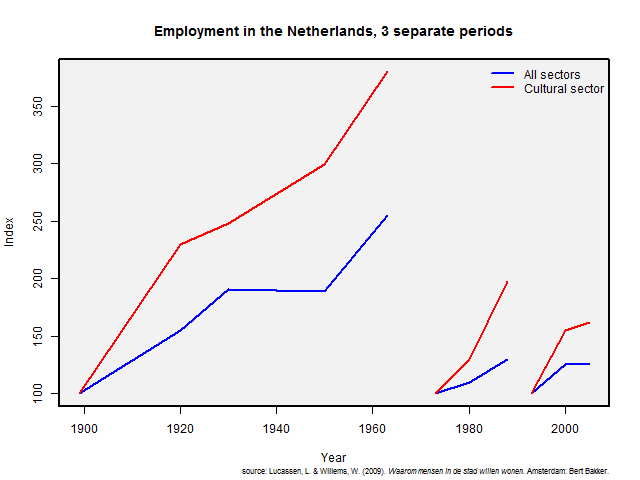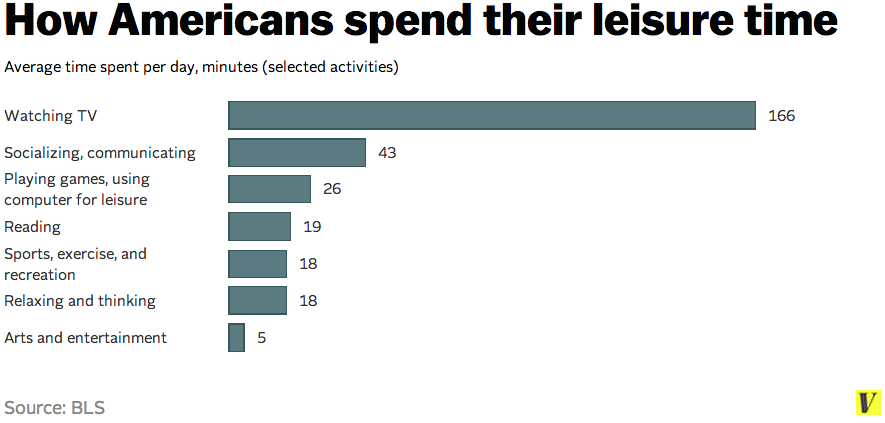3 arguments why jobs will not disappear
What will we do when robots and artificial intelligence take over our jobs? According to research 47% of US jobs are at risk of being automated. Will most of the workforce stay at home to watch soap operas and reality TV instead? For the next three reasons, probably not.
1. Past progress always created “new” jobs
Progress in agriculture, and later industry, has made many jobs obsolete before. When fewer people were needed at our farms, some became craftsmen. When the steam engine started to replace craftsmen, some went into services. Ever again, the obsolescence of work in one field, made another field more attractive and accessible.
For example, in OECD member countries the share of services in employment has risen from 60% in 1991 to 72% in 2010. And in the process jobs in industry and agriculture were replaced, see graph beneath.
2. We will see more “human” jobs
When automation starts to make our present jobs obsolete one would expect an increase in supply and demand for more “human” jobs. Jobs only humans can do (for now). Like the ones in the left part of the first graph: education, healthcare, management. In the last decades more people started working in design, leisure and communication (see Silicon Valley). In the Netherlands employment in the cultural sector has grown more than total employment for more than a hundred years. This trend will probably accelerate.
3. Extra leisure time creates more demand for “human” jobs
Worries about high future unemployment therefore seem overblown; we could even trade some of the gains from automation for more leisure time. The graph beneath shows that we spend our leisure time on a lot of entertainment. This will create more demand for “creative” workers. We will need more (TV) actors, writers, musicians, artisans, and other people in entertainment. That affirms the expectation that more automation will lead to more demand for “human” jobs, not less.



